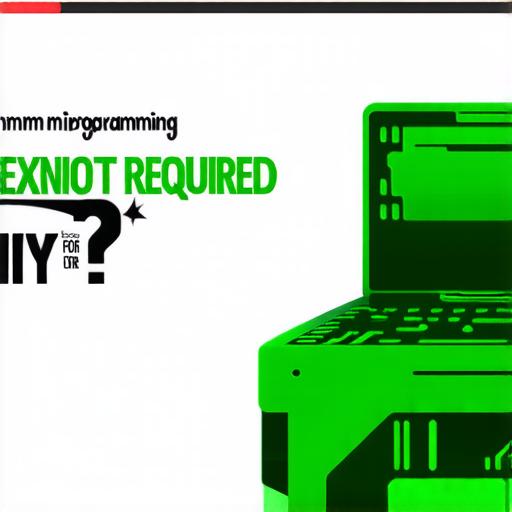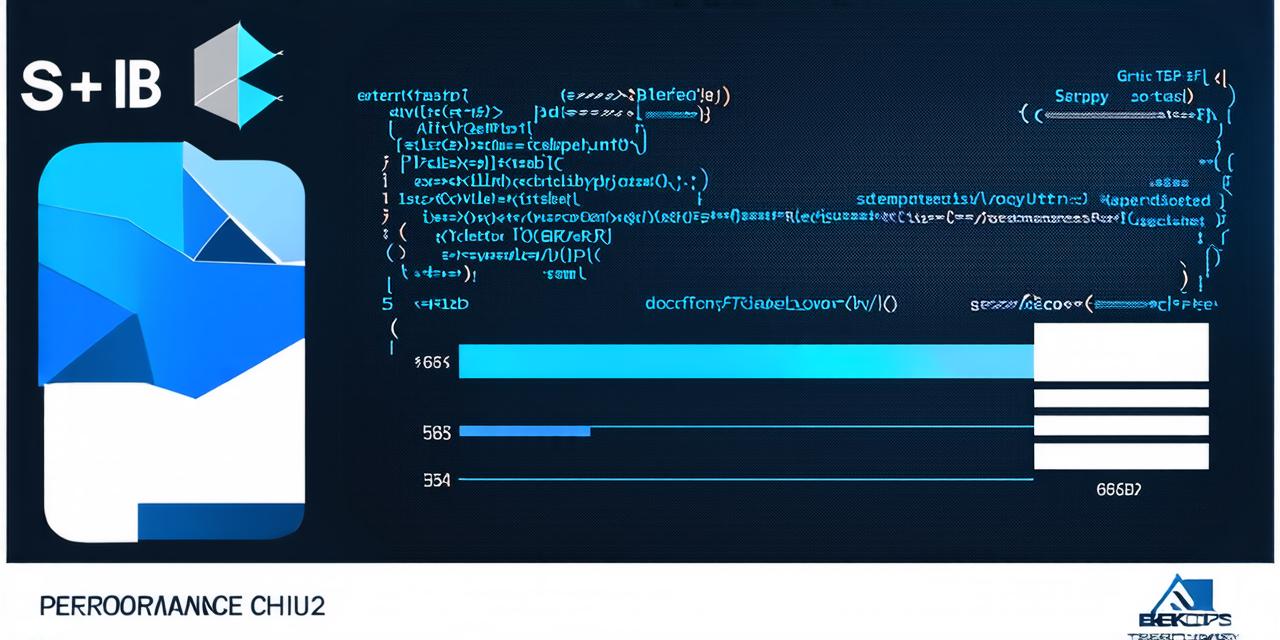Why Programming Skills Are Important for Unity Development
While Unity has a visual scripting system that allows users to create games without writing any code, there are still many situations where programming skills can be extremely useful. Here are some examples:
1. Customization:
Unity’s visual scripting system is great for creating basic game logic, but it lacks the flexibility and power of a full-fledged programming language like C. If you want to create custom behaviors or integrate third-party libraries into your game, you will need to write code.
2. Performance:
Unity’s visual scripting system is optimized for simplicity and ease of use, but it can be less efficient than writing custom code in certain situations. For example, if you need to create complex algorithms or perform expensive calculations in real-time, you may want to use C instead.
3. Debugging:
Debugging code is an important part of any development process, and Unity’s visual scripting system can make it difficult to track down errors. By writing code, you have access to more advanced debugging tools and can catch issues early in the development cycle.
4. Extensibility:
Unity’s visual scripting system is great for prototyping and iterating on ideas, but if you need to create a more complex game or experience, you may want to extend Unity with your own custom plugins or integrations. This requires programming skills.
The Benefits of Learning Programming for Unity Development
Now that we’ve discussed some of the reasons why programming skills can be important for Unity development, let’s explore the benefits of learning to code in this context:

1. Increased Control:
By writing code, you have more control over your game’s behavior and can create custom behaviors that are tailored to your specific needs. This can lead to more efficient and effective development, as well as a better end product.
2. Improved Performance:
As mentioned earlier, writing custom code in C can be more efficient than using Unity’s visual scripting system in certain situations. By learning to code, you can write more optimized and performant code that runs faster and smoother.
3. Greater Flexibility:
Unity is a powerful game engine that can be used for a wide range of projects, from simple 2D games to complex 3D experiences. By learning to code, you can create custom plugins or integrations that extend the capabilities of Unity and allow you to work on even more diverse projects.
4. Better Collaboration:
Finally, by learning to code, you become a more valuable member of your development team. This not only makes you a more attractive candidate for job opportunities, but it also allows you to better collaborate with other developers who are using Unity and programming languages like C.
FAQs About Programming in Unity
1. Do I need to know programming to use Unity?
No, you do not need to know programming to use Unity’s visual scripting system. However, as we discussed earlier, there are many situations where programming skills can be useful, particularly if you need to create custom behaviors or integrate third-party libraries into your game.




